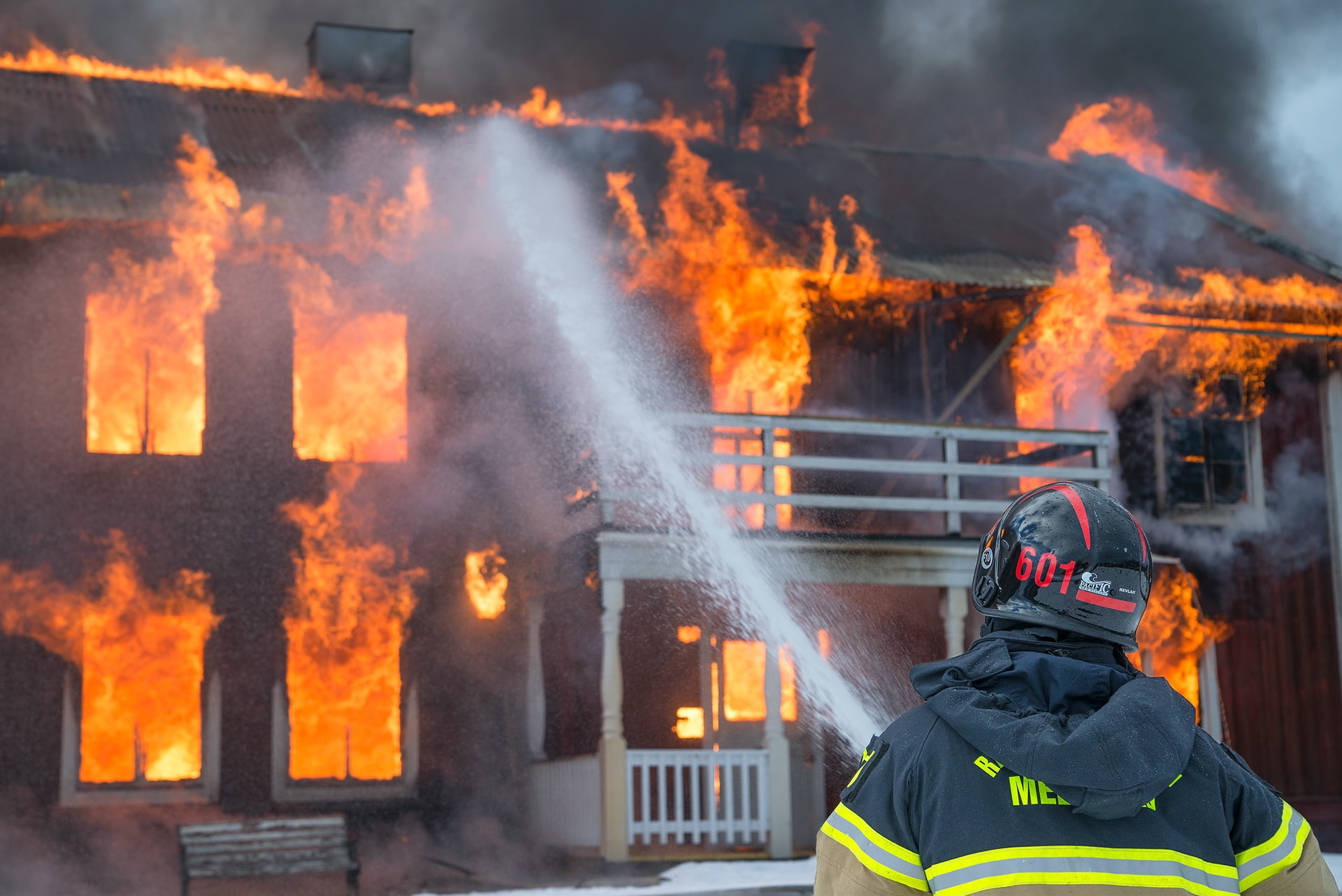An insurance policy for your home provides coverage for the repair or replacement of the house and its contents should they be damaged by fire, smoke, water, theft, vandalism, a storm, or a variety of other events listed in the policy.
The term “peril” refers to these situations.
A homeowner’s insurance policy will also protect personal property inside your home that has been damaged, stolen, or destroyed.
In addition, homeowners insurance will cover medical and legal expenses if anyone other than you or your family is injured in your home.
How to buy coverage
In order to find the best homeowners insurance coverage in your area, you should compare quotes from at least three different insurance companies.
You should keep in mind when obtaining home insurance quotes that the amount of coverage listed is usually an estimate and not an actual calculation of what level of coverage you will require.
Be sure your quote includes the following to get a more accurate estimate:
You should insure your house for its replacement cost, that is, the cost of rebuilding the house from scratch following a disaster.
You’ll want enough personal property coverage to cover the value of all your stuff, including furniture, appliances, and electronics.
Finally, have sufficient personal liability coverage will protect your entire net worth in the event you are sued.
Once you’ve compared quotes, it’s time to select a policy and customize it to suit your coverage needs.
The coverage in your policy should also meet the requirements of the lender if you have a mortgage.
A homeowner’s policy does not cover damage caused by flooding, for instance, so you may need to purchase separate flood insurance if you live in an area at high risk of flooding.
In addition to the basic policy, there are several optional endorsements that can be added for an additional fee.
Some of the most common endorsements are:
- Water backup coverage
- Appliance breakdown coverage
- Service line coverage
- Scheduled personal property coverage
- Extended replacement cost
- Guaranteed replacement cost
- Flood coverage
- Earthquake coverage
Finalizing your policy
Having compared quotes, gotten answers to all your most pressing questions, and selected a policy, it is time to review it and make the decision about purchasing it.
First, choose a deductible. The deductible is the amount that you are responsible for covering on each claim before your insurance will pay out.
A higher deductible will result in a lower premium, and a lower deductible will result in a higher premium.
Then, obtain information regarding the method of payment of your premiums. It is common practice for lenders to require the payment of all premiums for the year prior to closing on your mortgage.
In the event that insurance and property taxes are paid through an escrow account established by your lender, this payment will likely be included in your closing costs.
Finally, set your policy dates. You will select your policy period, which is the start and end dates of your home insurance coverage.


